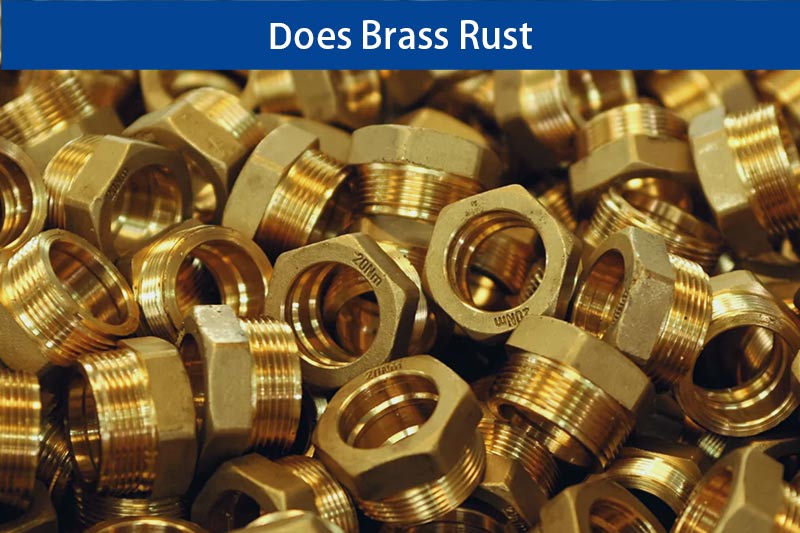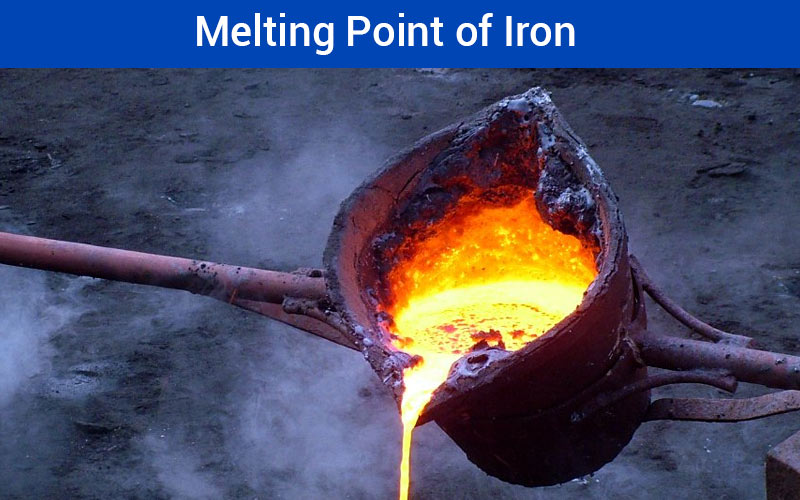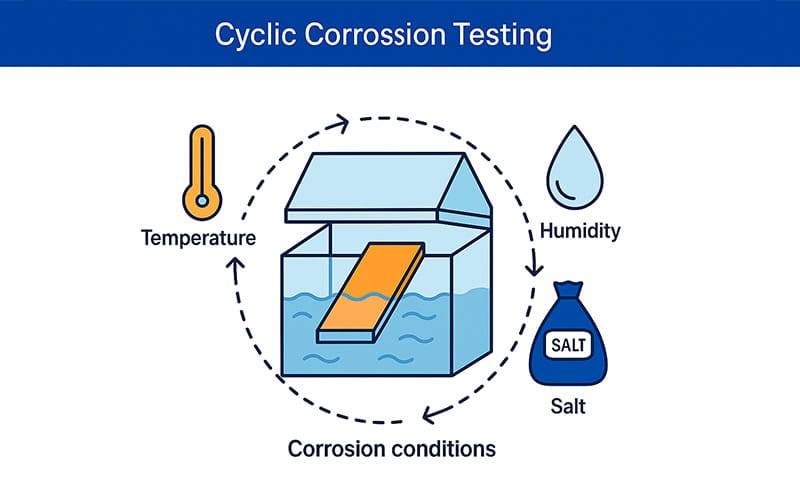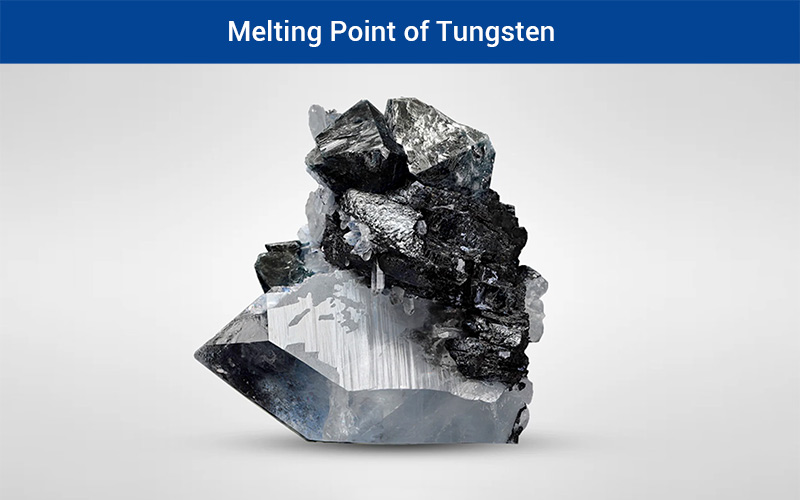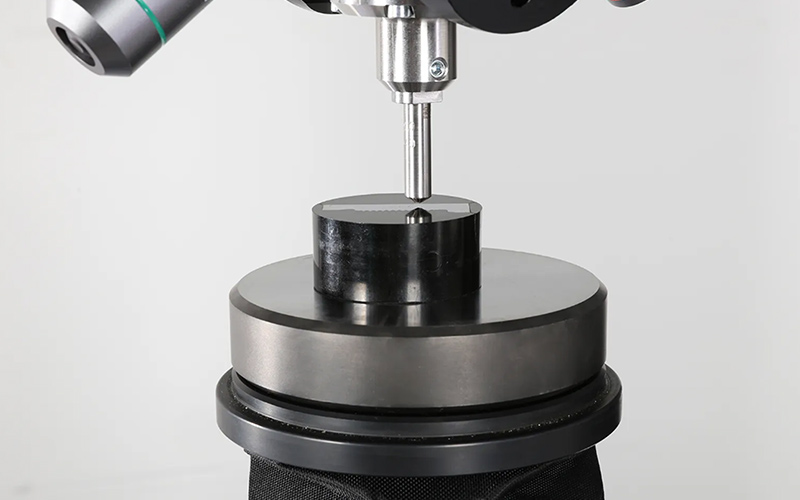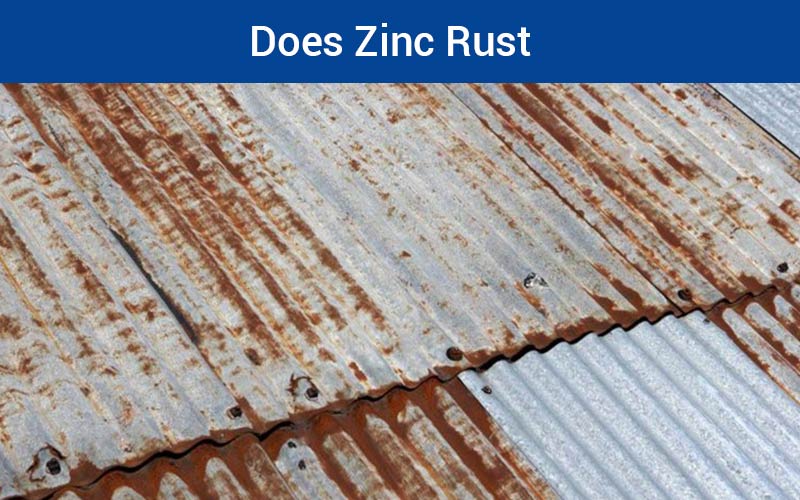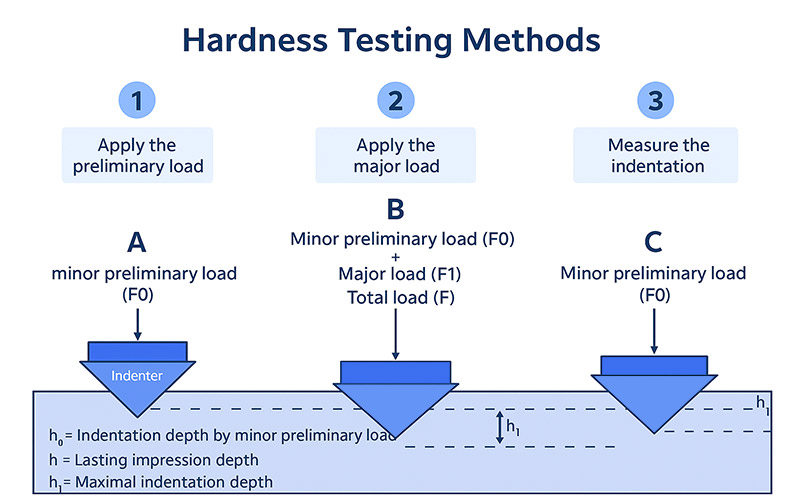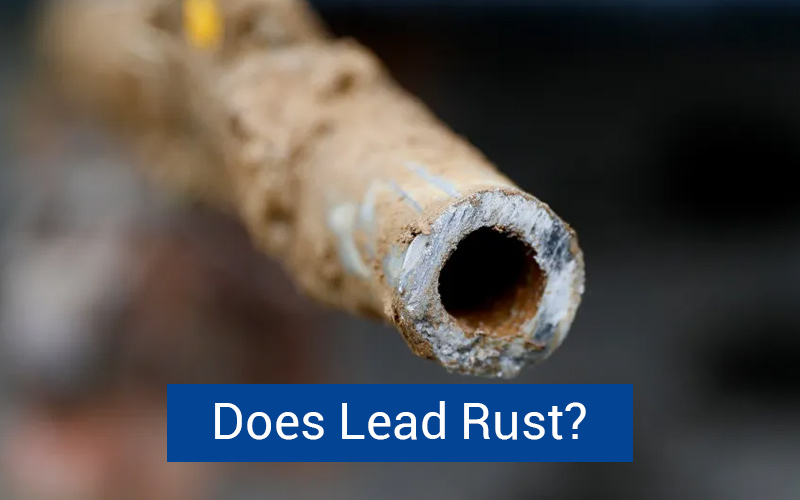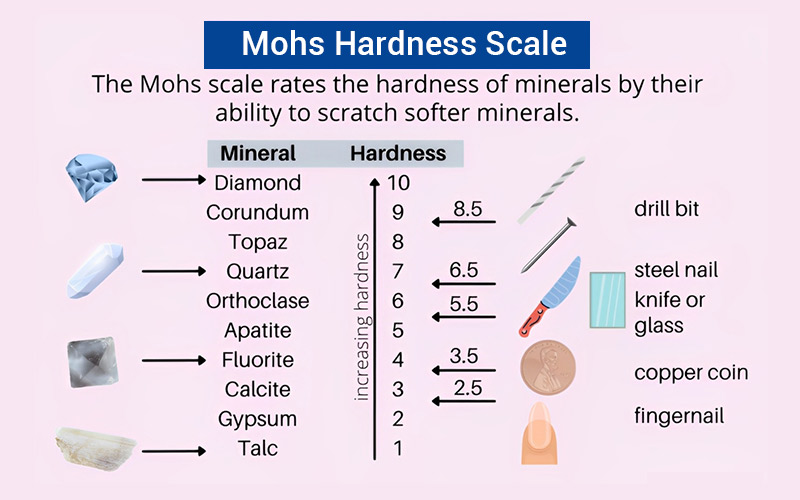
Mohs Hardness Test
Mohs Hardness Test is one of the most common ways to assess the hardness of materials. Understanding material hardness helps engineers and professionals choose suitable substances for specific uses, ensuring durability and performance. This field-friendly, straightforward method has been in use for over two centuries

